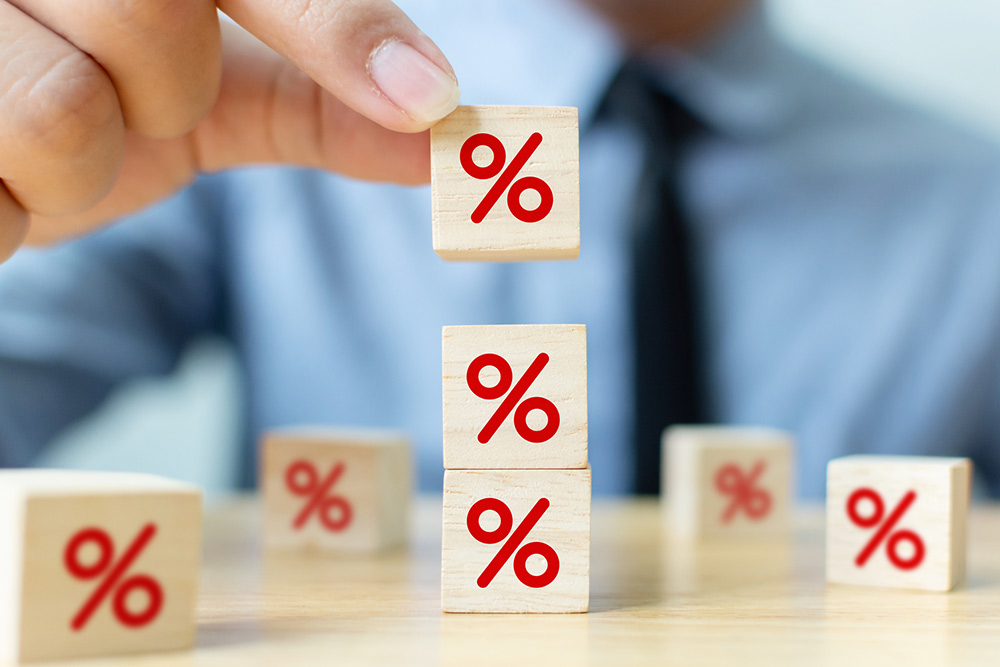
This content is for information and inspiration purposes only. It should not be taken as financial or investment advice. To receive personalised, regulated financial advice regarding your affairs please consult us here at WMM (financial planning in Oxford).
When you start investing it can feel very satisfying to see your investments arranged as you like. You have your goals established (e.g. retire aged 68 with a £300,000 pot), a horizon in view – say, 20 years – and a clear, long-term strategy about your attitude to risk and your mix of assets (e.g. stocks-to-bonds ratio). Over time, however, even the best-thought-out portfolio will drift off course if left unattended. This is because certain assets might perform better than you expect and others worse, leading to an imbalance which may no longer reflect your risk appetite. In this guide, our financial planning team explains why rebalancing is important and how it works.
What is rebalancing?
Suppose you hold all of your assets in cash. Here, your net worth is tied to one asset – meaning that “rebalancing” is less of a concern. However, suppose you take half of your cash (£100,000) and put it down as a house deposit. Now, 50% of your net worth is tied up in another asset – i.e. a property. Over the next ten years – setting aside inflation and assuming you make no further savings or investments – your cash may rise slightly in value (due to today’s poor interest rates), but your property could rise significantly in value. If the house doubled in value to £200,000, for instance, then your net worth may end up closer to a 66%-34% split between property and cash. The balance of your portfolio, in short, has shifted.
Within a portfolio of equities and bonds a similar dynamic occurs. You may start out with a 60-40 split, for example, but if left alone (even for less than a year) this will begin to change. Perhaps your equities do better – or worse – than you suppose, leading them to fall in value. As a result, your bond investments end up comprising a greater percentage of your portfolio’s overall value.
Why does it matter?
This might sound unimportant, but an unattended portfolio can result in disastrous results. For instance, suppose a very risk-averse (“cautious”) investor decides they want a 80-20 split of low-risk bonds and equities in their investment portfolio. Imagine he then simply keeps putting money into the fund each month but does not rebalance over the next 10 years. If, in that time, the stock market performs far better than expected, then he might end up with a 60-40 split – or perhaps even a 40-60 split – between bonds and equities. This exposes the investor to more risk than he is likely to be comfortable with. Moreover, if a stock market crash then occurs and sends the value of his equity investments tumbling, his portfolio could experience nominal losses that puts his financial goals at risk.
How to rebalance wisely
It may be tempting to assume that, to avoid an imbalance, investors need to constantly tweak their portfolios. Yet constantly buying and selling assets is likely to be counterproductive in the long run – building up huge trading fees which eat into your returns. Rather, it is better to take a look at your portfolio every 6-12 months (preferably with a financial planner who understands your investments goals and risk appetite) and make strategic adjustments where necessary. A whole range of factors may influence more/less rebalancing including changes in inflation, the stock market, interest rates and wider economic factors. Another possibility is that your portfolio may not have changed much in its asset allocation, but your goals and risk tolerance may have evolved in the space of a year. Perhaps you now want more growth and are prepared to accept the greater volatility involved. Or, maybe wealth preservation is now your focus and so would like to move to more cautious assets.
Invitation
Interested in finding out how we can optimise your financial plan? Get in touch today to arrange a free, no-commitment consultation with a member of our team here at WMM.
You can call us on 01869 331469


